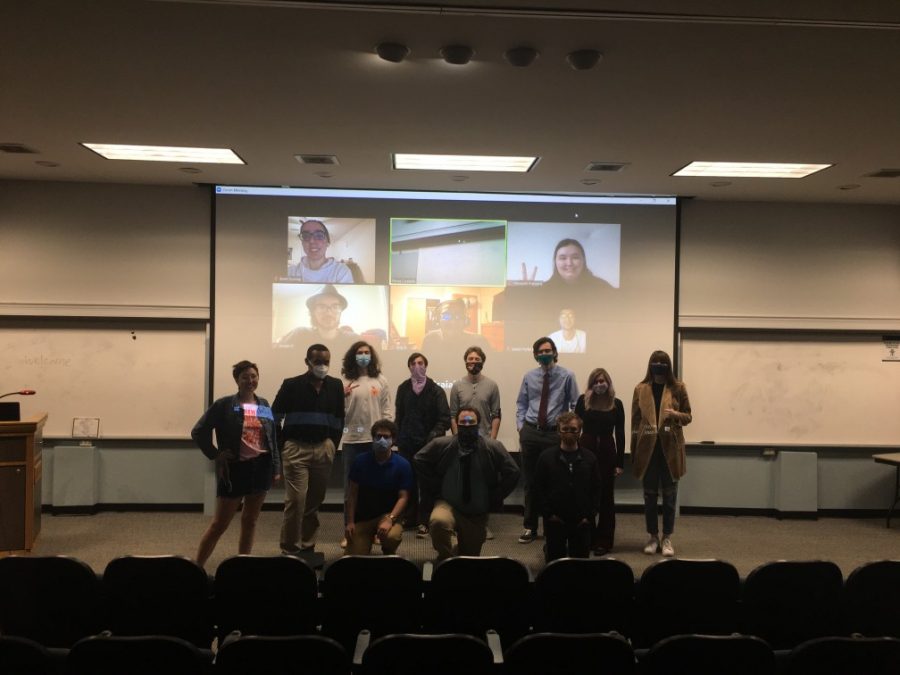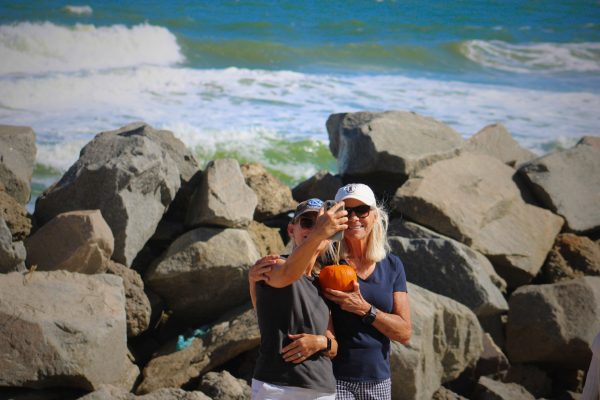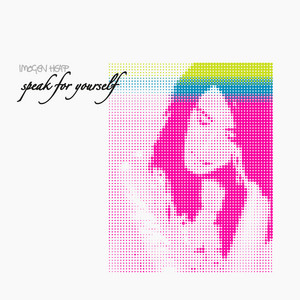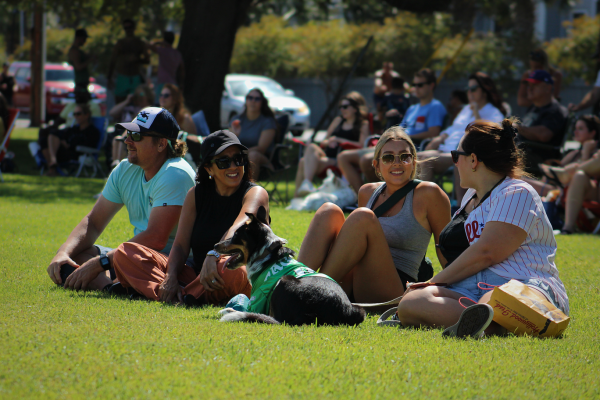The Flicker Film Society hosts the 2021 Reel Teal Film Festival
The UNCW Flicker Film Society is hosting the 2021 Reel Teal Film Festival which runs from March 8 to March 14. Due to the COVID-19 pandemic, the films are available to stream online and the code to view the films on Flipgrid is reelteal2021.
3,100 films were submitted to the Reel Teal Film Festival this year, 71 of which became finalists. Flicker Film Society members selected the final 37 films for the festival. The films are organized into six categories: documentary, animation, experimental, local films, music videos and narrative films.
The films have a maximum length of 15 minutes. There is a synopsis of the film, as well as general information about the country of origin and director of the film on Flipgrid.
The local films were submitted from people across North Carolina, to “encourage filmmakers from cities such as Raleigh, Durham and Charlotte to submit their films to the festival,” said Stephen Lambros, the Reel Teal Film Festival co-director.
International films were accepted for the festival from an estimated 118 countries, according to Lambros. Accepted international films represent France, Brazil, Singapore and Canada, as well as other nations.
Audience members can submit their opinions about the films on Flipgrid, to determine the winner for the Audience Award. There are seven other awards for the festival including, Best Film, Best Narrative Film, Best Documentary Film, Best Animation, Best Local Film, Best Experimental Film and Best Music Video.
The winners of the awards will be announced during the Flicker Film Society meeting on March 15 and on the group’s social media platforms, including their Instagram page.
The film “Threads That Bind: Queerness and Fashion” by Brett Dunlap is in the local category of films from North Carolina. It depicts the way fashion is used as a form of self-expression among queer people and how fashion can change the way a person is perceived by other members of society.
Dunlap discusses how she receives preferential treatment when she dresses in a feminine manner and is subject to more negative comments, or passive aggression when she wears traditionally masculine clothing.
In the film, Dunlap encourages people, queer youth in particular, to express themselves through fashion, without fear.
“Who you’re feeling on the inside is how you should express yourself. No matter the people that are around you that bring you down. Just stay strong and when you can get away from that then you can be who you really, really are,” Dunlap said in the film.
Other films in the festival explore a wide range of topics ranging from the social implications of the COVID-19 pandemic on interactions like muggings, to the lasting environmental damage humans have caused the ocean, from the perspective of the ocean and the harrowing story of a dirt bike racer recovering from a serious accident.













